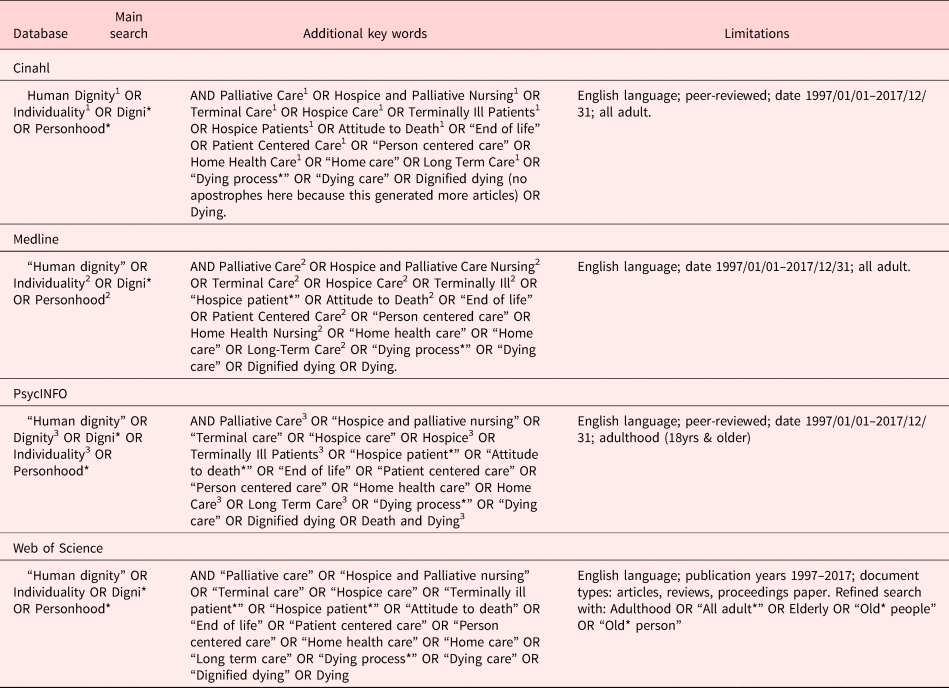
Many caregivers of elderly feel the responsibility to care for an older loved person as part of their job. While the majority of family caregivers are female, some men may feel more burdened by caring for an elderly relative. In some cultures, male caregivers might view their role as more difficult than that of female caregivers.
Male caregivers perceive themselves to be more burdened and less capable than female caregivers
Akpinar Kucukguclu, Yener and Yener found that male caregivers were more burdened by older adults than their female counterparts. NPI and MMSE were used to measure caregiver burden. The Eyseneck personality quiz was also used. The authors also used a Marital Satisfaction questionnaire to assess caregivers' quality of life.
Although male caregivers of the elderly perceived themselves as more burdened than female caregiving partners, they also reported that they utilized formal support more frequently than female caretakers. In clinical settings, researchers should examine whether caregivers perceive burden differently depending on their gender.
A second study showed that older male caregivers were more likely than others to feel burdened by COVID-19. However, men who held traditional masculinity beliefs were less likely to admit to feeling burdened. This finding highlights the mental burden associated with caring for elderly individuals. This finding can be further explored in countries with similar care systems, pandemic management, and other countries.

The primary caregiver for the elderly is their father.
Both sons and their daughters-in law provide care for elderly adults. This makes it difficult for them to be separated. It is possible for caregivers to change roles throughout the course of the study, which could have an impact on the final results. Hence, studies on elder care in families should consider the dynamics of the family network before making conclusions about sons as primary caregivers.